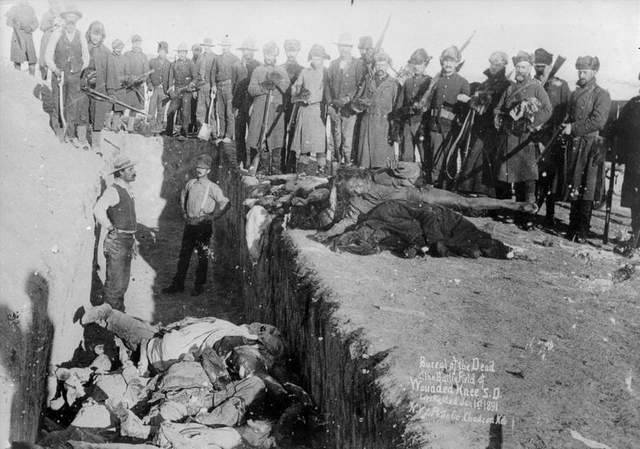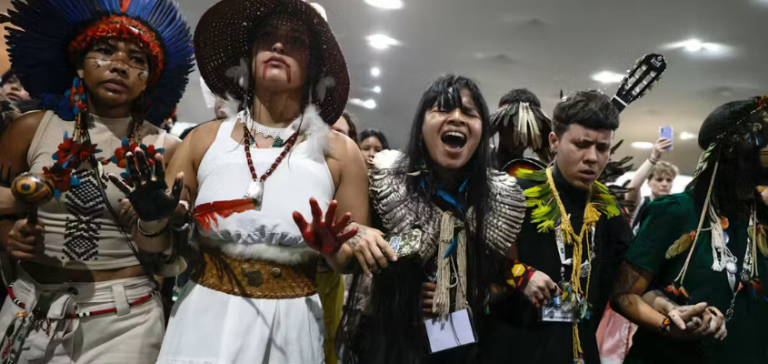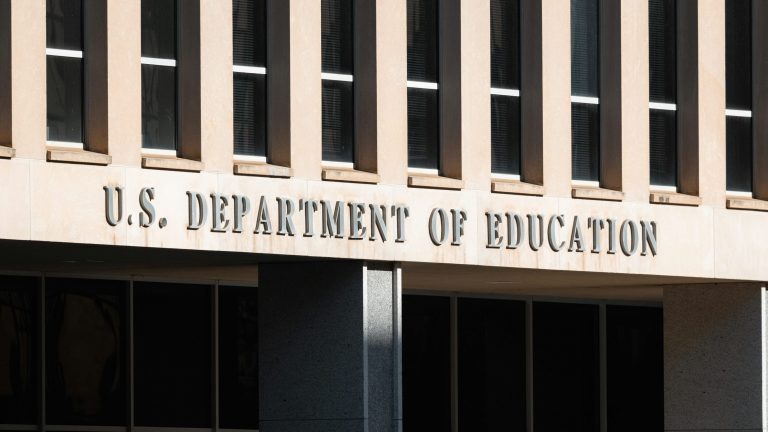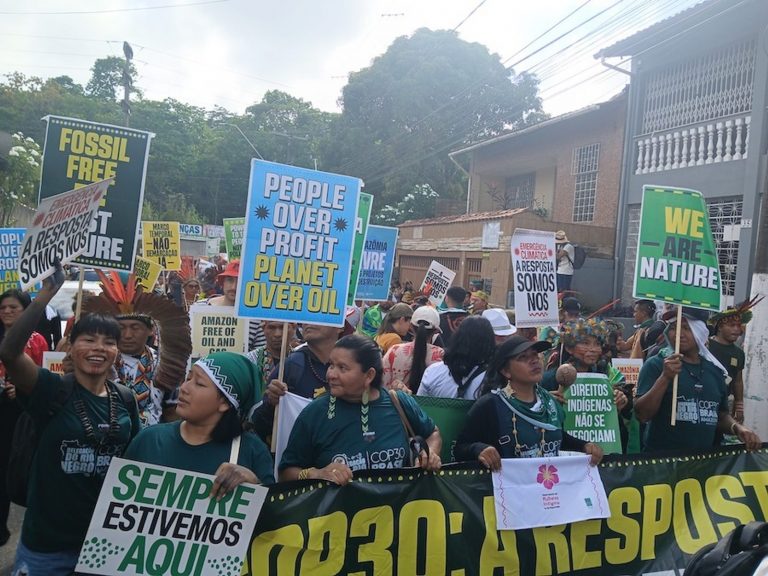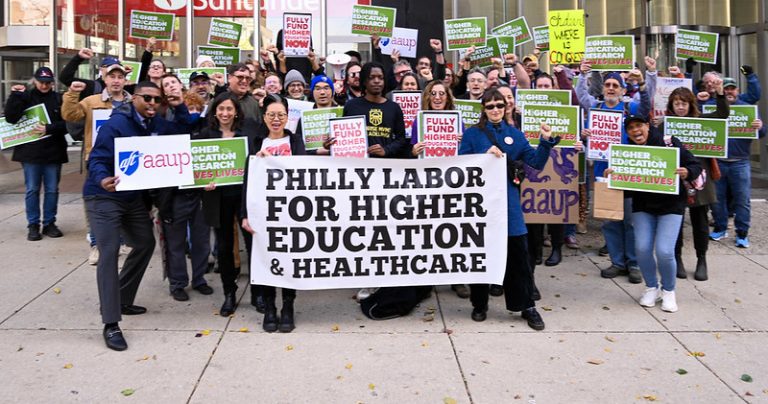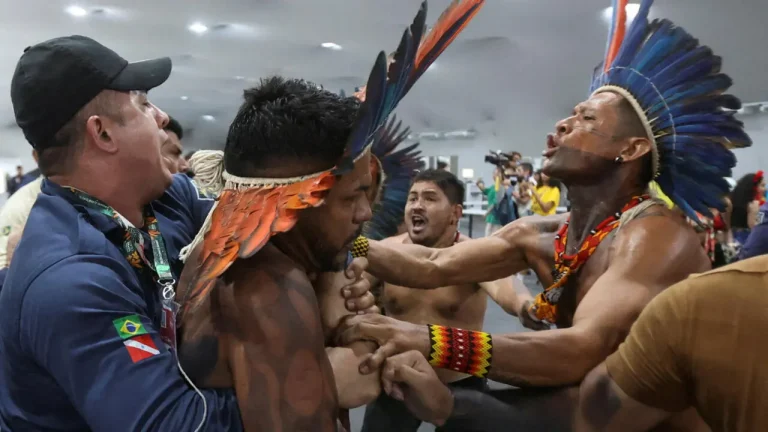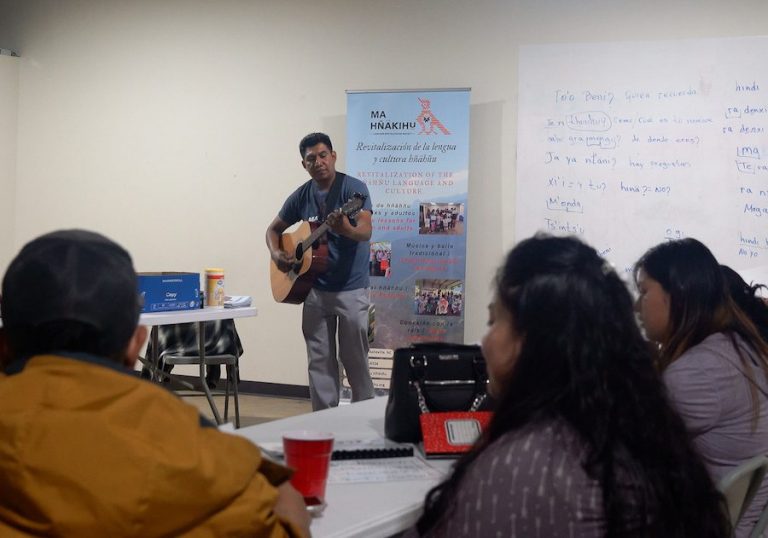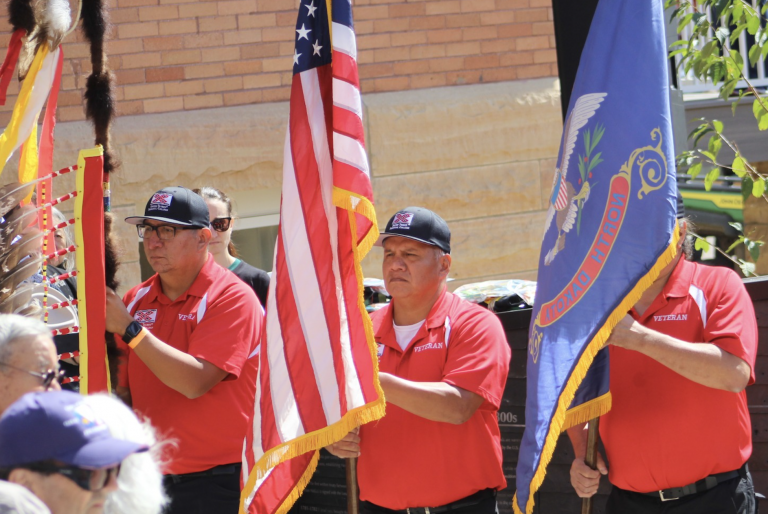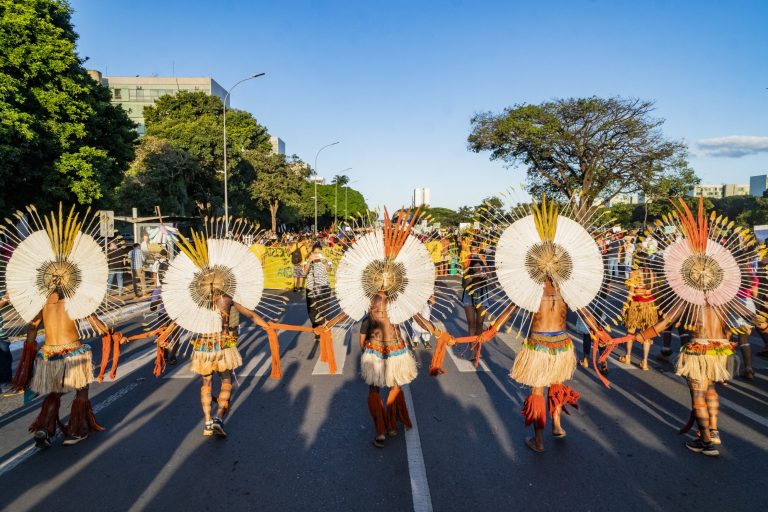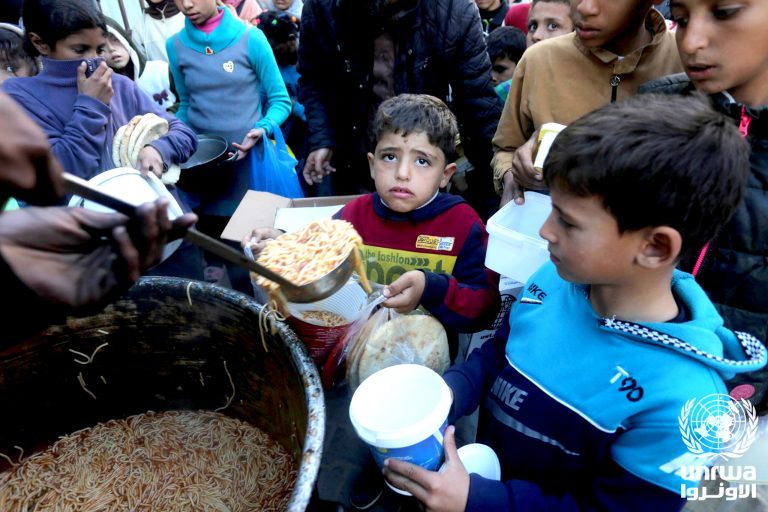The Lie We Keep Telling About Wounded Knee
Today marks the 135th anniversary of the Massacre of Wounded Knee, which occurred during the wintry week between Christmas and New Year’s in 1890.
Nine days before the massacre that left hundreds of Sioux men, women and children dead, an obscure weekly newspaper in South Dakota published an editorial following the death of Hunkpapa Lakota leader Sitting Bull. In the opinion piece, L. Frank Baum, publisher of the Saturday Pioneer, wrote:
“The Whites, by law of conquest, by justice of civilization, are masters of the American continent, and the best safety of the frontier settlements will be secured by the total annihilation of the few remaining Indians. Why not annihilation? Their glory has fled.”

